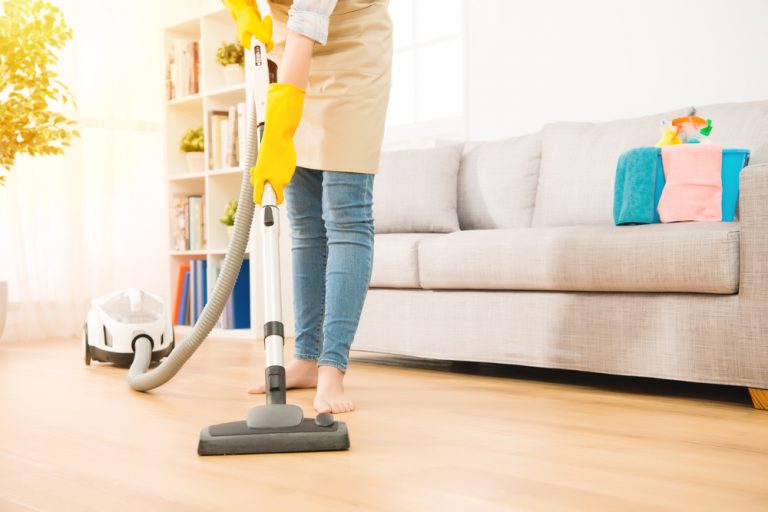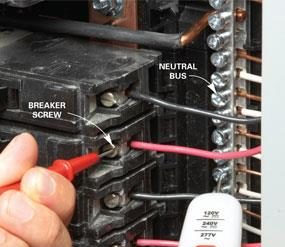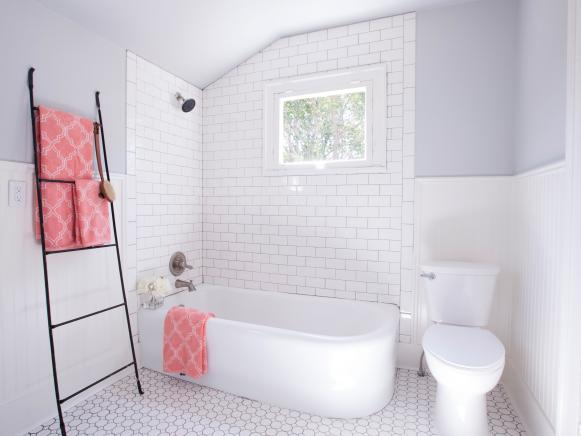How to Choose a Home Cleaning Service
If the mess of your home stresses you out but you just don’t have the time or patience to keep it in order—you may want to consider hiring a home cleaning service to help lighten the load. Before you do, use these tips to hire the best home cleaning service for you and your home. A home warranty is another great investment to keep your home in top shape
How to choose a home cleaning service
The first thing to decide when choosing a home cleaning service is whether to hire an individual or a professional cleaning service.
Individual
An individual can provide a more personal touch—it may be easier to get to know them, give them specific directions about how you’d like your house cleaned, and you may feel more at ease when they’re in your home around valuables or breakable items.
Cleaning companies
A housekeeping company is a good choice if you’d like the work done quickly, as they usually send out several employees at once to clean your home. A company can often accommodate your specific schedule. There will always be back up employees, so it’s less likely a cleaning service will cancel or run late.
Choosing who to hire
Recommendations from friends and family can be the most helpful way to find a reputable cleaning service or individual.

How to Choose the Best House Cleaning Service
If you’re anything like me, you’ll know how boring house work can be. For the majority of home owners, maintaining your house can be an uphill battle especially when you’ve got so many other tasks to juggle at too. It’s true, hiring a home cleaner might be one of the best things you can do, not only will you save time but you’ll also get precious time back in your day to do things you actually enjoy.
Do They Suit Your Schedule?
Before you look at cleaning services, you need to decide how often you want a cleaner to come to your home. Firstly, how much do you need to clean? Secondly, and maybe more importantly, you need to make a decision on the frequency your home will be cleaned
Do They Understand Your Expectations?
A vital step in hiring a cleaning company is making your expectations clear. During an in-home or a phone consultation with a prospective cleaning service, communicate your concerns and expectations, so the company can provide you with a pricing and a cleaning scope that meets your specific demands.
Are They Responsive To You?
A good cleaning company will focus on the customer experience from the time you inquire about the services, until the time they complete the cleaning services. If you find that the company is responsive and takes the time to address all your concerns about the service, then it is most likely that you will have a great experience in hiring that company. This is because responsiveness is one of the first indicators of a cleaning company’s consistency, reliability and whether you can trust them
Do They Have Good Reviews?
Ask professional cleaning companies for any feedback from their previous customers who can vouch for the quality of their services. A good cleaning company will not hesitate to show you written recommendations and customer reviews because they know that these references reflect the customers’ trust.
Reasons Why Your Home Needs A Professional Home Deep Cleaning Service
With an increasingly hectic lifestyle, more and more people are realising that they do not have the luxury of time that the earlier generations had. Life is always on the run, and mundane everyday matters are being relegated to the background for lack of time and energy. Tasks such as home deep cleaning every day is now becoming cleaning the house every weekend. This is leading to build-up of dust, insects and germs in various spaces in the home. Though most people try to make an effort to clean the house thoroughly every weekend, the tremendous effort that this needs usually leaves them tired and drained at the end of the day. Moreover, they are hardly able to enjoy life in the weekend as they should.
It Saves You Time And Energy
We will not write much on this point, as it is an obvious benefit. Instead of you slogging away scrubbing the bathroom floor or cleaning the oily kitchen exhaust pipe every few months, these experts can do the work for you. You save the time and can spend it on more important matters like taking your kid out for a walk, finishing a task you like to do but have not had the time for it due to work.
It Saves You Money
Most people do not realise that hiring home deep cleaning professionals helps them save money. Let us forget for a moment the saying that ‘time is money’ and simply look at how these experts actually save money for you.
It Is Stress-free, Quick Service
When the question comes to home deep cleaning vs regular cleaning, this is perhaps the most important USP of professional services. The experts come to your house at a time that is convenient for you and help you by cleaning the areas that you cannot clean yourself. You only pay for the service you choose.
It Gives You A Clean, Hygienic Home
The professionals have specialised equipment and cleaning fluids that ensure the house is cleaned properly from top to bottom. Everything from the inaccessible places like the insides of the kitchen exhaust pipes, the top of the almirahs and the false ceiling to the places that attract more grime like the ceiling fans, the spaces underneath the kitchen drawers and bathroom cabinets, get focused treatment.

How to Choose the Right House Cleaning Service
The right housecleaning service can save you time and provide peace of mind. Here’s what you need to know about basic housecleaning costs and services.
What to expect for costs and services
Several factors influence the cost of cleaning, such as house location and size; the number of adults, children and pets in the home; the frequency of the service and the thoroughness of the cleaning required. A cleaning company will generally send a staff member to view your home and get a good understanding of your cleaning needs and then determine a rate. Average hourly rates often range from $16 to $25 dollars depending on the location of the business
Start with a trial run
Once you’ve found a housecleaner you want to try, start with a trial period that covers two to four cleanings. This allows time for the company to understand your expectations and gives you an opportunity to determine your cleaning requirements clearly
What to check after a housecleaning
First, do an overall assessment. Does the house look and smell neat and clean? It should be apparent that the carpets have been vacuumed but make sure to look in out-of-the-way places (such as under the beds and couch) to be sure that those areas have also been cleaned. Have the kitchen and bathroom floors been thoroughly washed or only quickly damp mopped?
If there’s a problem…
If you’re unhappy with the quality of the cleaning job, try to rectify it by speaking with the cleaner directly. The problem may be as simple as unclear instructions.

Criteria for Choosing the Perfect Home Cleaning Service for You!
Although it seems like a simple decision to make, there are, in fact, some very important factors to consider when choosing a maid service. This is because there are a lot of cleaning companies out there that care more about making a fast buck and less about providing a satisfactory service. Therefore, the home cleaning service you choose to hire must be one that you can trust wholeheartedly; depend on whenever, wherever; and provide quality service for your home and family.
Certified Cleaners
Unless the cleaning company you’re looking at works with certified cleaners, perhaps hiring them isn’t the best idea. You need to know that your home is in the right hands which means, certification in the cleaning industry and with the company is a must. This also ensures that the maids have been background checked and are worthy of working in the home cleaning business.
References
The reassurance of having past customers of a cleaning service vouch for the company plays a huge role in one’s decision to hire them. From online customer reviews, to written recommendations; ask the cleaning company in question for references before you decide to hire them
Insurance
Insurance is extremely important when hiring a maid service because it protects your family and home against injury and damage to your property. Therefore, if a cleaning company does not carry insurance, it’s advised that you do not consider hiring them. Having insured and bonded cleaners in your home gives you the peace of mind that your family and home are not at risk in any way.
Experience
Find out when the company was established and how long their cleaners have been working in the house cleaning industry to ensure that you are not leaving your home in inexperienced hands. The amount of training a cleaning staff has received also matters when looking to find a cleaning service that is 100% efficient and knowledgeable in going about home cleaning in a safe and timely manner. Ask for proof of their experience via certificates or cross-checks with past employers to be fully convinced of their abilities and work ethic.



























